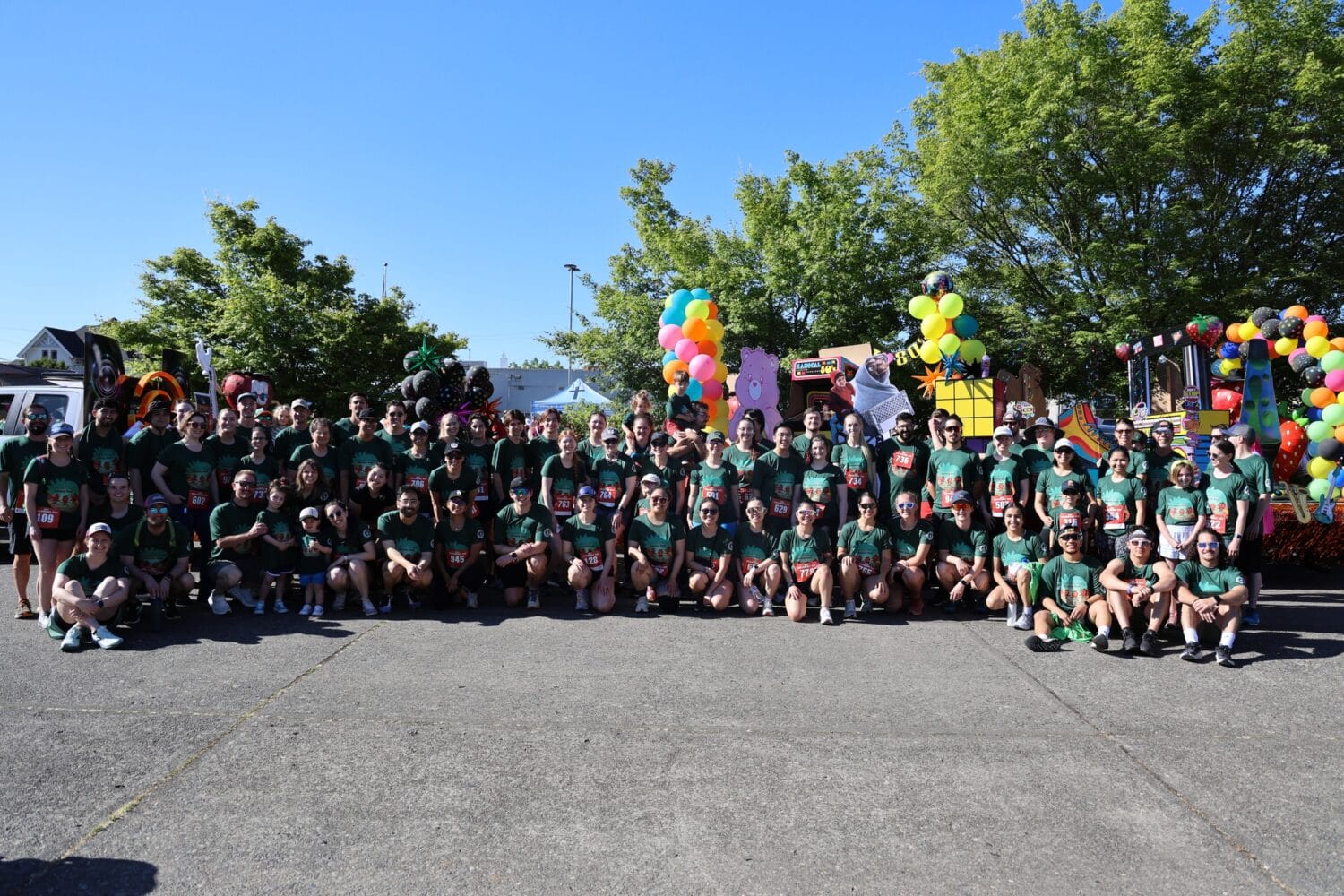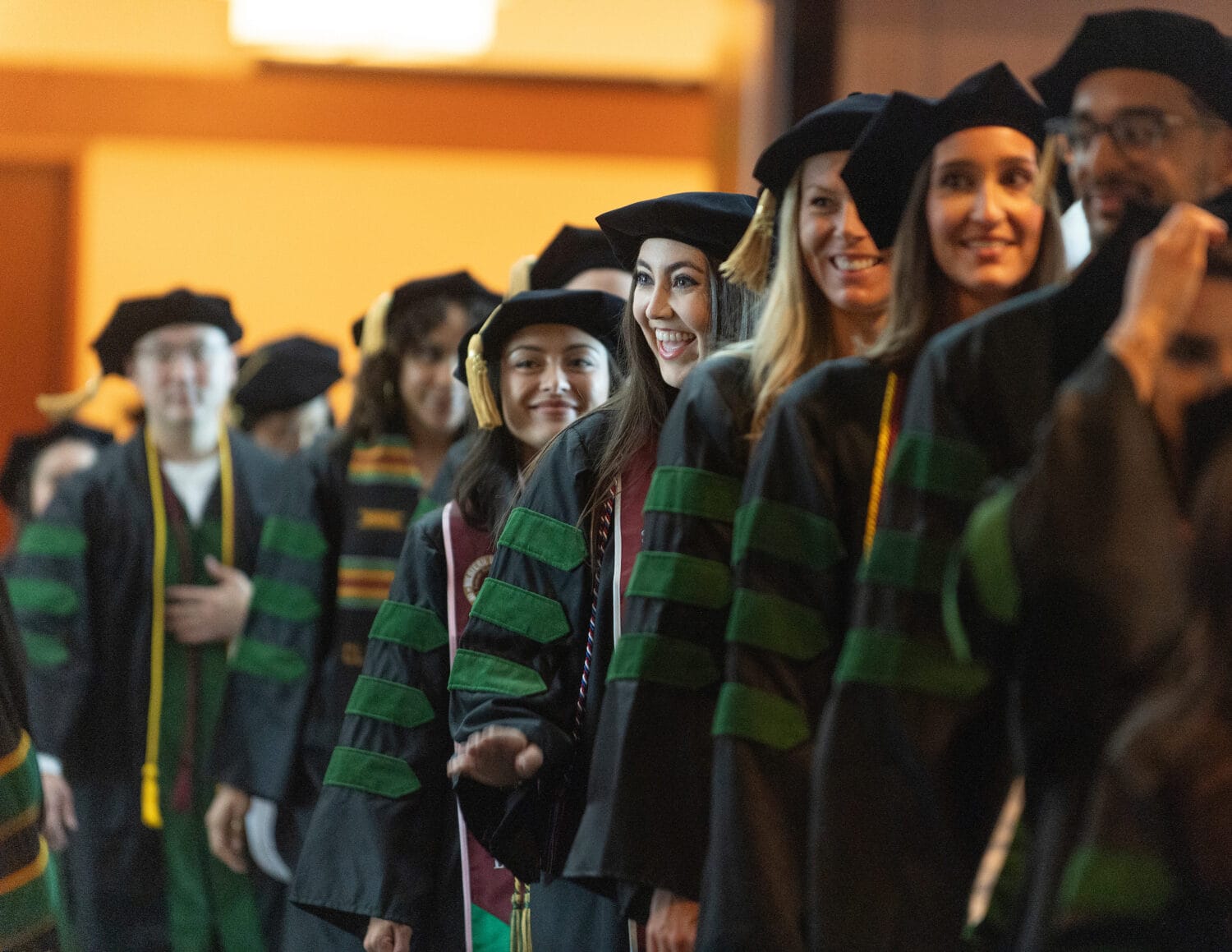COMP-Northwest plans Center for Lifestyle Medicine
The Affordable Care Act is expected to bring 30 million to 60 million more people into the health care system. Educating people about living healthier lives is an important step in improving health outcomes and reducing the nation’s health spending amid these changes.
Robyn Dreibelbis, DO ’95, is Vice Chair and Assistant Professor of the Department of Family Medicine for the College of Osteopathic Medicine of the Pacific – Northwest. She was in private practice for 13 years prior to joining the COMP-Northwest faculty.
“Every single day, I talked with my patients. Through those discussions, we built relationships. Over time we built trust,” she said. “It’s trust that allows us to make positive change in our lives.”
Dreibelbis not only educated her patients, but also learned from them.
“That’s powerful both for the patient and for the doctor,” she said. “I feel honored to have been part of people’s lives. It’s something I treasure. When we sit down and have that one-on-one interaction, we’re a teacher. A physician is a teacher. We have important information to share with our patients.”
Western University of Health Sciences and COMP-Northwest has a goal of opening a Center for Lifestyle Medicine, which would help patients become better informed about taking care of themselves through weight loss, cessation of smoking, exercise, and much more. A diabetic patient could learn more about healthy eating. Someone recovering from bypass surgery would receive after care, said Paul Aversano, DO, COMP-Northwest Clinical Professor of Internal Medicine/Neurology.
“A lifestyle medicine clinic will have people there to take you to the next step to help you heal yourself,” Aversano said.
The long-term goal is for the Center to be an access point for:
• WesternU students to be educated on the various aspects of Lifestyle Medicine, and to allow them to use that knowledge
to help educate members of the community (near and far).
• Local area physicians and health care providers to gain knowledge and the foundation to have these types of
conversations with their patients.
• Community members/“patients” to come and learn and eventually get needed individual treatment to help them transition
toward a life of health and wellness.
The University received $50,000 from an anonymous donor to start a Center for Lifestyle Medicine.
“We are not as healthy as we used to be as a society,” said Mike Cowgill, Esq., chair of the COMP-Northwest Advancement Board. “We have a serious problem with obesity, poor nutrition and poor lifestyle choices. Obesity-related factors are going to overwhelm our health care system unless we get control of them. It starts with doctors and medical schools, and with leadership.”
The anonymous donor has been a lifelong proponent of proper diet, nutrition and exercise as a means to a better quality of life and life expectancy.
“We have a mission to serve, and this is an area that really needs to be addressed,” Cowgill said. “This school can be the leader, not just in Lebanon or Oregon, but throughout the country.”



